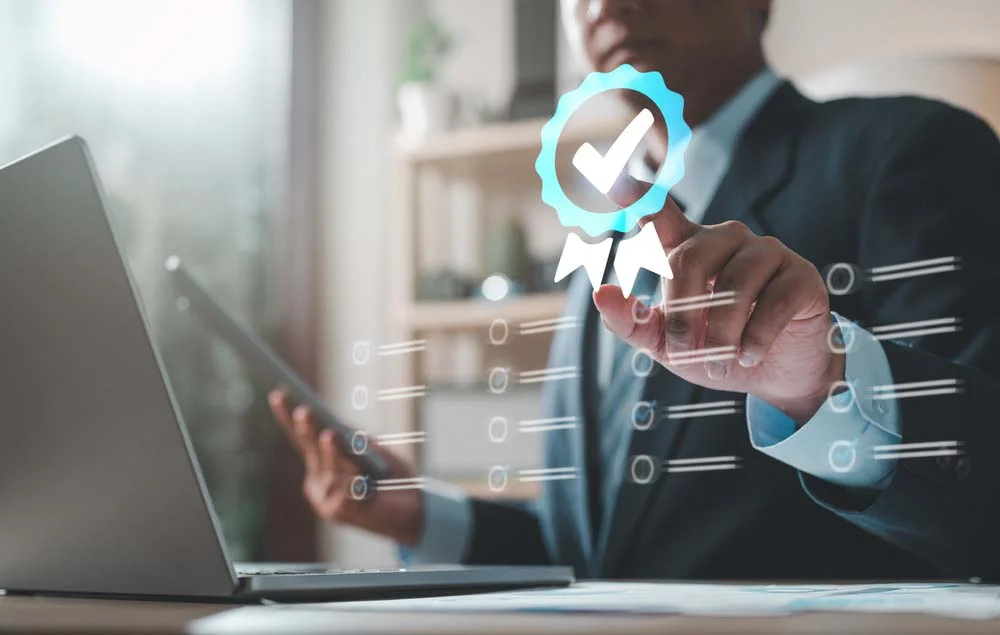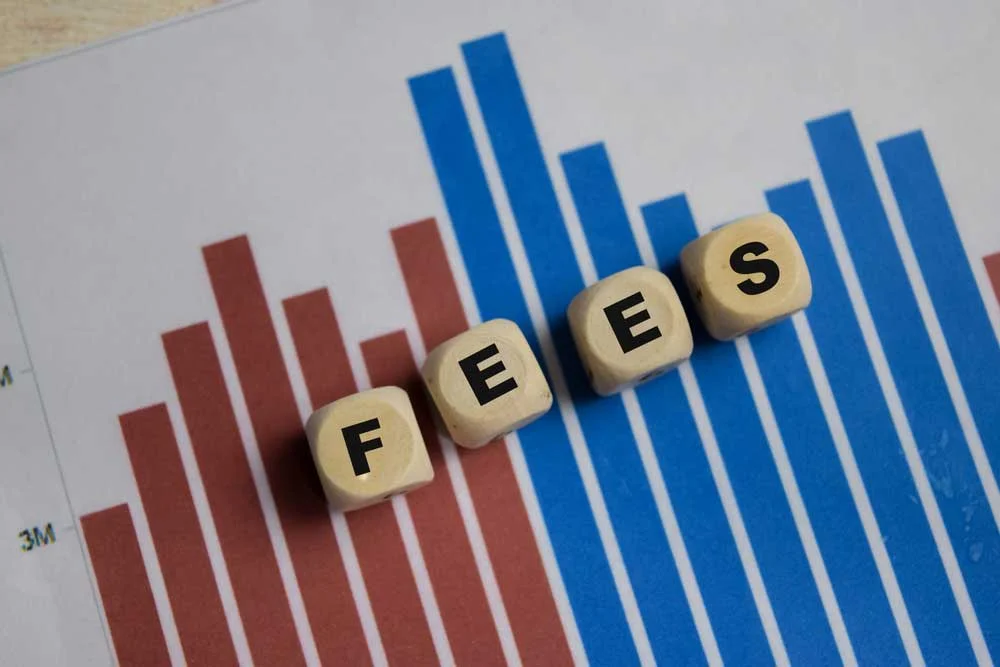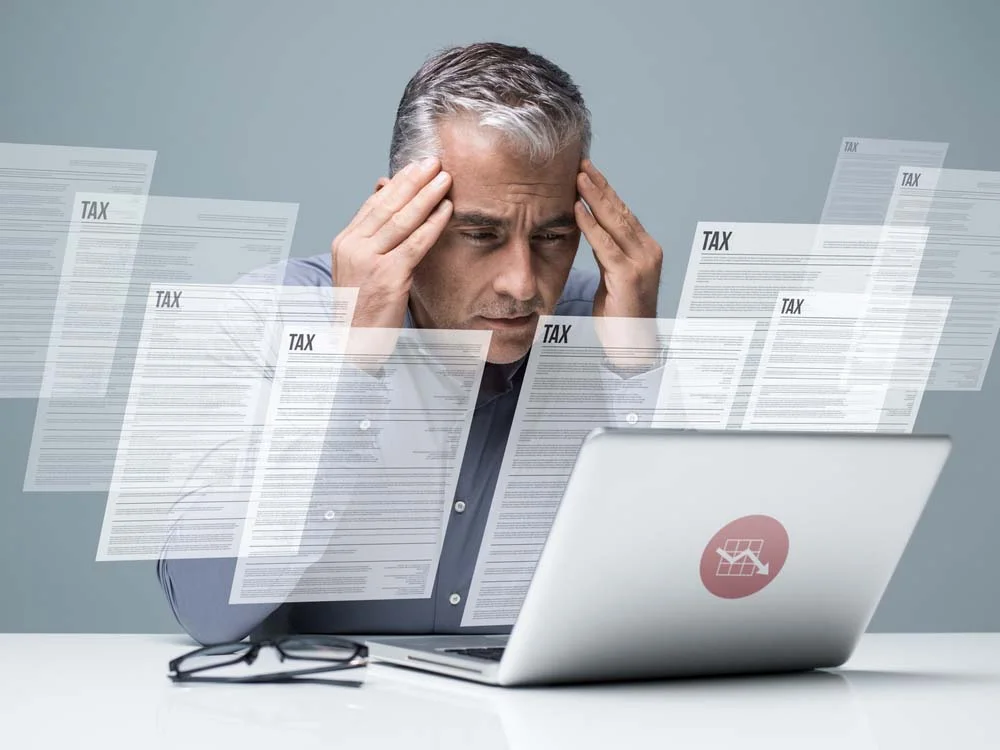If you’re running—or even thinking about running—a business in the City of Seattle, getting your Seattle business license tax certificate is a must. It’s not just a formality; it’s a legal requirement that keeps your business compliant, credible, and ready to grow.
By the way, this certificate is sometimes referred to as a business license, general business license, or business tax certificate—but in Seattle, they all refer to the same thing. Let’s break down what it is, who needs it, how to apply, and how to avoid penalties or unnecessary stress.
What Is a Business Tax Certificate?

In simple terms, a short-term rental management business in Seattle requires a valid business license tax certificate, which legally authorizes you to operate and manage rental activities within the city.
Think of it as your business’s ID card—proof that you’re registered and authorized to operate. Every business, from freelancers and home-based consultants to retail stores and manufacturers, must have one.
Here’s why it matters:
- It ensures compliance with City of Seattle taxes and local regulations.
- It protects your business from fines or suspension.
- It builds trust with customers and partners who may verify your license through the City of Seattle business license lookup.
Who Needs a Seattle Business License Tax Certificate?
Almost everyone doing business in Seattle is required to have this license, regardless of size or structure. This includes:
- Home-based businesses and freelancers
- Retailers and service providers
- Restaurants, bars, and cafés
- Nonprofit organizations (yes, even nonprofits need one if they earn revenue)
- Contractors or companies headquartered outside the city but working within Seattle
Here’s the key point: only the business itself needs the certificate—employees don’t need individual licenses.
If you’re wondering, “Do I really need one if I’m small?” The answer is usually yes. Even if your business brings in just a few thousand dollars a year, the business license tax certificate is still required.
How to Apply for a Seattle Business License Tax Certificate
The City of Seattle simplifies compliance with Seattle short-term rental regulations by allowing you to apply for a business license tax certificate online or by mail, depending on your preference.
The FileLocal portal is the fastest and most convenient way to apply or renew.
Here’s what you’ll need to do:
- Have your Unified Business Identifier (UBI) number ready.
- If your business doesn’t require a UBI, simply select “Skip UBI Questions” and continue.
- Fill out your business details and submit payment.
- Once approved, you can instantly download and print a temporary license.
Most applicants get confirmation within minutes, making this the ideal choice for new or time-sensitive registrations.
Applying by Mail
Prefer the traditional route? You can download the form, fill it out, and mail it with your payment. Just note that processing by mail takes one to six weeks, so plan accordingly—especially if your opening date is coming up soon.
Renewal and Expiration: What You Should Know
Your Seattle business license tax certificate isn’t a one-time thing. It expires every December 31st, regardless of when you obtained it.
To stay compliant, renew your subscription before the annual deadline.
A few tips to make renewal painless:
- Set a reminder for mid-November to start the renewal process.
- Keep your revenue records updated—your fee depends on your Seattle business tax obligations and revenue tier.
- If you no longer operate your business, you must formally close your account with the city; simply ignoring renewal won’t automatically cancel it.
Fees and Costs (2025 Update)
License fees vary based on your taxable revenue from the previous calendar year. According to current city regulations, here’s a general breakdown:

| Annual Taxable Revenue | Approximate License Fee |
| Under $20,000 | $68 |
| $20,000 – $499,999 | $138 |
| $500,000 – $1,999,999 | $560 |
| $2,000,000 – $4,999,999 | $1,150 |
| $5,000,000 – $24,999,999 | $2,300 |
| $25,000,000 or more | $4,600 |
If you start your business after July 1, you may qualify for a half-year fee in your first year.
Penalties for Late Renewal
Missing the renewal deadline can be costly.
If your renewal isn’t received by December 31st, penalties start accruing as early as February. The longer you delay, the higher the late fees. Beyond that, you risk suspension or additional interest charges from the City of Seattle taxes.
So if you want to avoid paying more than you should, mark your renewal dates clearly—or set up an auto-reminder through your accounting software.
Seattle Business Tax Certificate vs Business License: What’s the Difference?

This one confuses a lot of business owners. So, what’s the difference between a business tax certificate and a business license?
In Seattle, they’re essentially the same document. However, here’s how they relate:
- The Seattle business license tax certificate is the document you need to legally operate.
- The business tax (like the B&O tax) is a recurring obligation based on your company’s gross receipts.
Owning a license doesn’t mean you’re done with taxes—it just means you’re authorized to operate. You’ll still need to report and pay city taxes as required.
Lost or Misplaced Your Certificate?
If your Seattle business license tax certificate is lost or damaged, don’t worry. You can easily request a replacement by calling (206) 684-8484 or emailing [email protected]. The office can reissue your certificate quickly so you can stay compliant without delays.
How to Look Up a Seattle Business License
If you want to confirm whether a business (including your own) is properly registered, you can use the City of Seattle business license lookup tool. It helps verify vendors, contractors, or even checking your renewal status.
Pro tip: Keeping your listing active and accurate in the lookup system also boosts your credibility—especially if clients are doing their due diligence before working with you.
Expert Tips to Stay Compliant
Here are a few extra tips to help you manage your Seattle business license tax certificate like a pro:
- Keep your records current: Always update your address, ownership, or contact info to prevent renewal issues.
- Bundle renewals: Sync your city license renewal with your state or federal filings to make the process smoother.
- Budget for fees: Plan your business tax certificate renewal cost ahead of time—especially if your business revenue is increasing.
- Consult a tax professional: They can help ensure your business remains compliant with both the city of Seattle taxes and state-level obligations.
- Set calendar reminders: Never rely on memory when deadlines can affect your legal status.
Exploring the Best Neighborhoods in Seattle
If you’re starting a business or investing in short-term rentals, it helps to know where opportunities are strongest. Some of the best neighborhoods in Seattle for business growth and vibrant rental markets include Capitol Hill, Ballard, Fremont, and Queen Anne. Each offers a unique mix of residential and commercial potential, perfect for entrepreneurs and property investors alike.
Growing Interest in Eco-Friendly Airbnb Rentals
Seattle residents and visitors are increasingly drawn to sustainable living and travel choices. Launching an eco-friendly Airbnb—with energy-efficient appliances, recycling programs, and locally sourced decor—can attract environmentally conscious guests while aligning your business with Seattle’s green initiatives.
By combining sustainability with compliance, you can strengthen your reputation and stand out in the competitive short-term rental market.
Managing Short-Term Rentals or Airbnb Properties in Seattle?
If you operate Airbnb or other short-term rentals in Seattle, the rules can be a bit more detailed. You’ll need both a Seattle business license tax certificate and a short-term rental operator’s license to stay compliant.
Working with a knowledgeable Airbnb property management in Seattle, like Guestable, can help simplify the process. They’re familiar with local regulations, handle renewals, and ensure all city requirements—such as City of Seattle taxes—are properly managed, allowing you to focus on maintaining a quality guest experience.
For hosts who also manage properties in other cities, professional support can make compliance easier across regions. If you’re considering expansion, Guestable also offers services for Airbnb management in Vancouver, helping you navigate local regulations while maximizing rental revenue.
Frequently Asked Questions
You can verify a business license in Washington through the Washington State Department of Revenue’s Business Lookup Tool. This online database lets you search by business name, Unified Business Identifier (UBI) number, or owner name to confirm if a business is properly registered and active. It’s also a helpful way to check licensing details, endorsements, and tax registration status.
The 7% figure often refers to Washington’s state sales tax rate, which serves as the base rate across the state. However, total sales tax can be higher depending on the local jurisdiction—cities like Seattle add their own local sales tax, which can bring the total rate closer to 10.25%. Always check your local rates when calculating sales tax for goods and services.
Processing times vary depending on the method you use. If you apply online through the Washington Department of Revenue, you’ll typically receive your license within 10 business days. Mailed applications can take longer—usually up to 6 weeks. Keep in mind that certain business types or endorsements may require additional review, which could extend processing times.
Airbnb and other short-term rental stays in Seattle are subject to both state and local taxes. The main ones include:
- State sales tax: Around 6.5% (plus local add-ons)
- Seattle’s lodging tax: 2.8%
- Convention and trade center tax: 7% for lodging under 60 rooms, or 2.8% for larger facilities
Together, these can total around 15% or more in taxes per booking. Airbnb automatically collects and remits these taxes on behalf of hosts in Seattle.
Yes. Seattle imposes several tourism-related taxes—often referred to as the tourist tax—on short-term accommodations. These include the Seattle Tourism Improvement Area (STIA) fee, which helps fund citywide tourism initiatives. The rate is typically $2 per room per night for stays in participating hotels, but similar taxes can apply to vacation rentals depending on location and type of accommodation.
